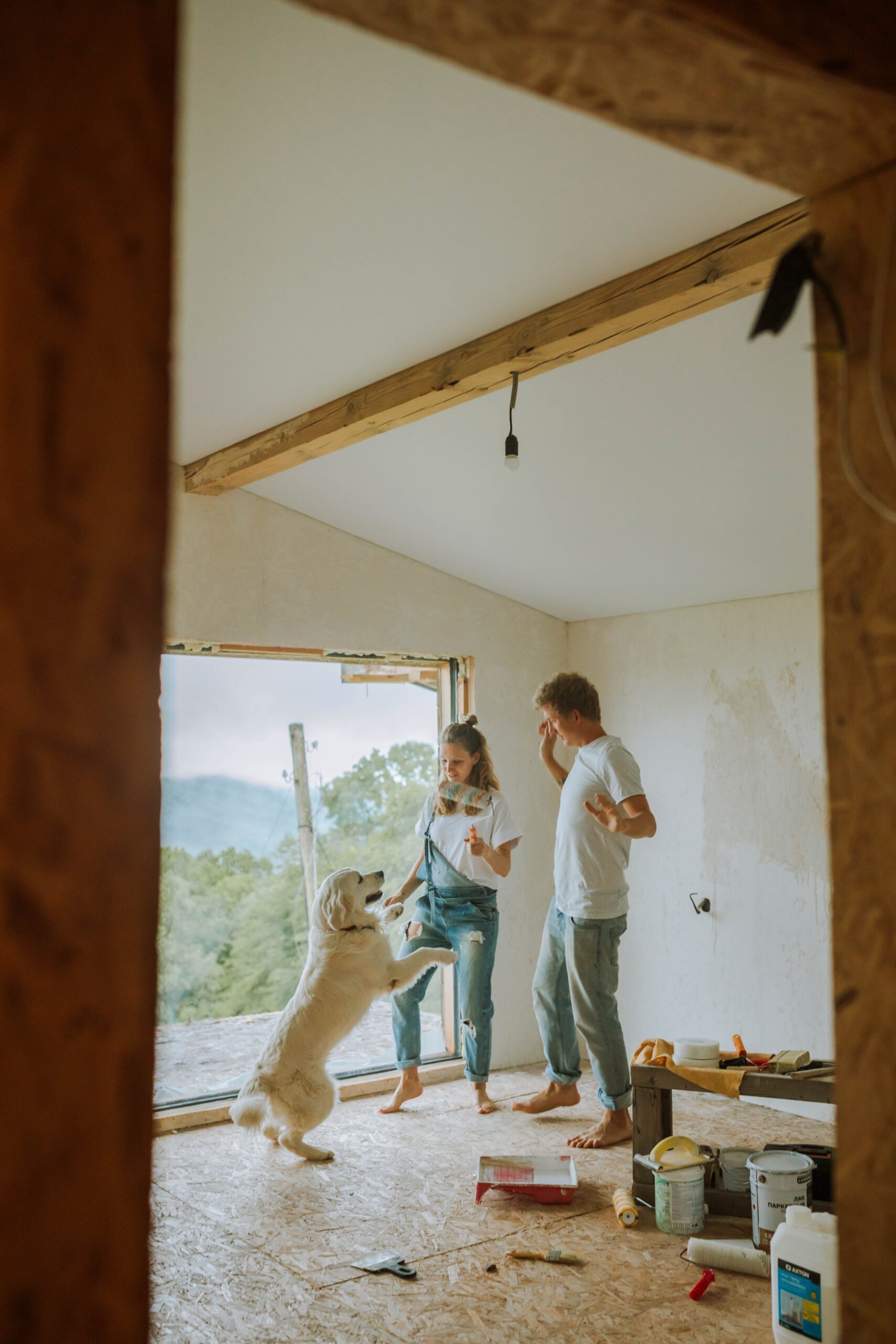Welcoming a dog into your family is an adventure filled with joy and a fair share of responsibility. Each wagging tail brings its own set of charms and challenges, making pet parenting a journey of love and learning. The key to a harmonious home and a well-behaved canine companion lies in effective training. Understanding your furry friend’s needs, channeling their energy into positive behaviors, and establishing a bond of mutual respect are essential. This guide is dedicated to helping you navigate the rewarding path of training your family-friendly dog, ensuring a loving and obedient companion by your side.
Understanding Your Dog’s Breed and Personality
Every dog is a unique blend of its breed characteristics and personal quirks. Understanding these nuances is crucial in tailoring your training approach. Observe your dog’s reactions, preferences, and energy levels. Research your dog’s breed traits and consult with your vet or a trainer. Tailoring your training techniques to suit your dog’s breed and personality ensures more effective and enjoyable learning experiences.
Establishing Basic Commands
Fundamental to any dog’s education are basic commands that lay the groundwork for advanced training and everyday manners. Begin with essential commands like ‘sit’, ‘stay’, and ‘come’. These not only help in managing your dog’s behavior but also strengthen your bond. Start by introducing one command at a time in a quiet environment to avoid distractions. Use positive reinforcement such as treats, praise, or play to encourage compliance. Be patient and consistent; repetition is key.
Positive Reinforcement Techniques
Positive reinforcement is a powerful tool in dog training, encouraging desired behaviors through rewards. When your dog obeys a command or exhibits good behavior, immediately reward them with praise, petting, or treats. For instance, beef trachea for dogs can be an excellent treat choice, offering both nutrition and enjoyment. This method builds a positive association with obeying commands and strengthens your bond with your pet. Timing is crucial – reward your dog as soon as they follow a command to reinforce the behavior. Consistently using positive reinforcement leads to quicker learning and a happier, more cooperative dog.
Socialization and Exposure
Socialization is a crucial aspect of raising a well-behaved, confident dog. It involves exposing your dog to a variety of experiences, people, animals, and environments at an early age. Proper socialization reduces fearfulness and aggression, promoting a more adaptable and friendly temperament. Start by introducing your dog to new experiences gradually, ensuring they are pleasant and not overwhelming. Regular walks in different settings, visits to dog-friendly cafes, and playdates with other dogs can be effective.
Setting Boundaries and House Rules
Establishing clear boundaries and house rules is vital for a harmonious living environment with your dog. Decide early on the do’s and don’ts – like which furniture they can use, areas that are off-limits, and behaviors like jumping on guests. Consistency is key; ensure all family members enforce these rules uniformly to avoid confusing your dog.
Implementing boundaries requires patience. Correct unwanted behavior calmly and redirect your dog to acceptable actions. Reinforcing these rules regularly helps your dog understand expectations, leading to better behavior and reducing stress for both you and your pet.
Dealing with Behavioral Issues
Tackling behavioral issues in dogs requires patience and understanding. Common problems like excessive barking, chewing, or aggression often stem from boredom, anxiety, or lack of training. Observe your dog to identify triggers and patterns in their behavior. Address these issues with consistent training and redirection to appropriate behaviors.
Don’t hesitate to seek help from a professional dog trainer or behaviorist, especially for persistent or severe problems. They can offer specialized guidance and strategies tailored to your dog’s needs, ensuring a positive outcome for both you and your pet.
Regular Exercise and Playtime
Regular exercise and playtime are crucial for a dog’s physical health and mental well-being. Adequate physical activity helps prevent obesity and keeps your dog agile, while mental stimulation wards off boredom and destructive behavior. Incorporate a variety of activities like walking, fetch, and agility exercises to keep your dog engaged.
Building a Lasting Bond
Training is more than teaching commands; it’s about building a lasting bond with your pet. Every training session is an opportunity to understand and connect with your dog on a deeper level. This mutual understanding fosters trust and respect, vital components of a strong human-dog relationship. Continue training and interacting with your dog regularly, not just as a routine but as a way to strengthen your bond. A well-trained dog is not just a pet; it’s a companion for life, a member of your family whose loyalty and affection are unmatched.
Final Word
Rearing a family-friendly dog involves understanding their unique personality, establishing clear communication, and building a bond based on trust and mutual respect. Remember, patience and consistency are key. Each dog learns at their own pace, and your steady guidance will lead to a well-trained and well-adjusted companion. The effort you put into training is an investment in a harmonious, joyful life with your furry friend. Embrace the process, enjoy the journey, and revel in the rewarding experience of nurturing a loyal, loving, and well-behaved family dog.

